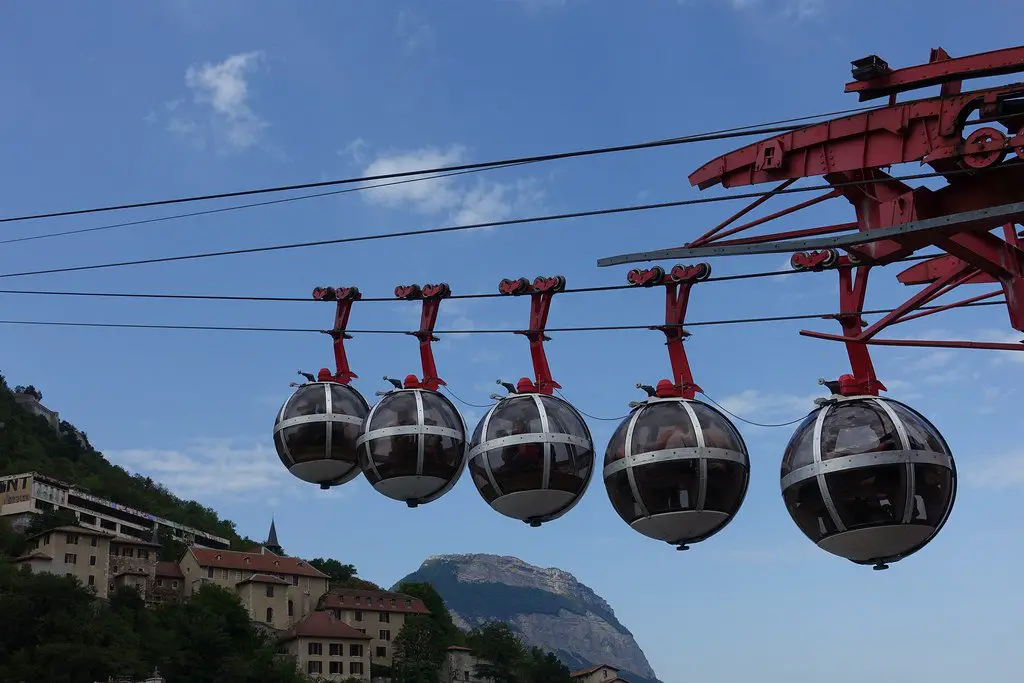France grants EUR 152 million for the construction of Madagascar’s cable car project, the country’s first cable car infrastructure. During rush hour, Antananarivo is the scene of huge traffic jams which paralyze activities.
Also Read: Ambatolampy solar power plant in Madagascar set for extension
Recently, the Malagasy government has been working on innovative projects to help relieve urban transport congestion in this city of more than 3 million inhabitants.
The start of construction of the first Malagasy cable car in the capital Antananarivo is more than imminent.
On Monday, September 20, France and Madagascar officials came together to sign a protocol for financing this project. These were Rindra Rabarinirinarison, Madagascan Minister of Economy and Finance, and Franck Riester, French Minister in charge of Foreign Trade. The signing took place in the presence of President Andry Rajoelina.
Under the agreement terms, this site of nearly 12 kilometres of services will benefit from a direct loan from the French Treasury of 28 million euros. This is coupled with a bank loan from Société Générale in the amount of 88 million euros. Negotiations relating to the commercial contract, in particular the overall cost of the project, are still ongoing.
In accordance with the plan approved by the Council of Ministers on February 24, two main lines will be built in the urban Antananarivo municipality. The first line, called “Red Line”, will have 4 stations and 19 pylons. 9.21 km long. It will connect Anosy and Ambatobe and reduce travelling time for commuters. The second line, known as the “Yellow Line”, will connect Anosy and Ambanidia in 10 minutes over a journey of 2.60 km.
The site is scheduled to last 2 years, and the government hopes to complete the work before the Indian Ocean Islands Games (JIOI) that the country will host in 2023. The authorities intend to deploy a total of 274 cabins capable of transporting 10 to 12 people to operate these two routes. It is expected daily, between 28,000 and 38,000 passengers.
Currently at the environmental study stage, Madagascar’s cable car project will be carried out by two French companies: COLAS (a subsidiary of the Bouygues group) and Poma, one of the world specialists in cable transport.
It should be remembered that on the sidelines of this signing ceremony, a second agreement was concluded between the two countries, this one relating to the financing of the construction of a hydroelectric power station (Mandraka III) with a capacity of 5 MW and ‘an amount of 40 million euros.
